Why did Jesus teach in parables? This question is probably one of the most common questions asked about the Gospels, especially when we read passages such as the one that the Church gives us for this weekend’s Gospel. To begin to answer that question, think for a moment about teachers you have had in your life. What made their lessons memorable? What helped you to better understand concepts and lessons in a more concrete way? Did the teacher use real-world examples to help you grasp the material more fully?
Jesus, the master teacher, is no different. He knows that by using themes and images that the people could more easily understand, he can more effectively get his point across. This is because these images cause us to stop and think for a moment. They cause us to really reflect on the words that have been said, and ponder how their meaning can be applied to our understanding of the Gospel, and of the message that Jesus seeks to convey.
The parables that Jesus uses in today’s Gospel are a prime example of this method of teaching, as they speak to us about the work of building up the Kingdom of God. The parable of the farmer who sows seed is meant to remind us that the Kingdom of God is always growing in our midst, even if we can’t see that growth taking place. We are reminded to trust in God’s work, and to have faith that the fullness of that growth will happen in time. The second parable employs a bit of hyperbole, but the message is still clear: God’s Kingdom can grow from simple and humble beginnings to permeate the entire world.
As we consider these parables, it is important to remember that God’s timing is often different from our own. Our faith tells us that God is at work in the world, and that the faithful who do the will of God by responding to the guidance of the Holy Spirit are helping to bring about the Kingdom of God on earth. And yet, we often wonder why God is taking so long, and why it often seems like nothing is happening. It is in those moments of questioning that Fr. Pierre Teilhard de Chardin, the Jesuit Priest and Mystic, invites us to “Trust in the Slow Work of God.” We can take comfort in knowing that progress takes time, and that in time, we will see the fruits of how God has been at work in our lives. May God help us all to deepen our trust in him, and to trust in his plan and his timing for our lives.
Sincerely in Christ,
Fr. Steven Huber, CSB
